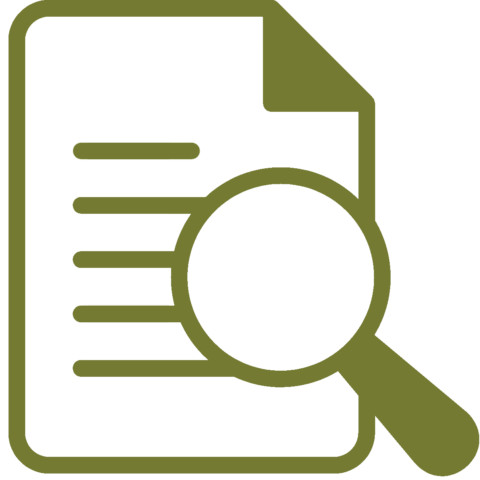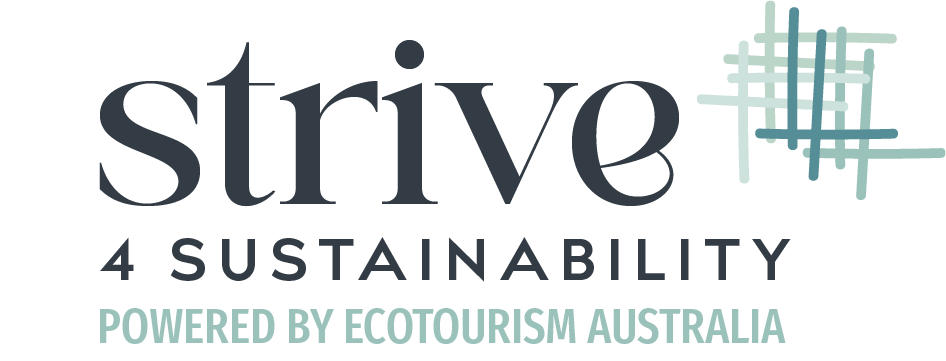
Museum Association

Wadawurrung Country / Ballarat, Victoria
Since the discovery of gold in 1851, Ballarat has been renowned for its significant alluvial goldrush that became the foundation of the regional town’s wealth. Now, some half a million visitors each year travel back in time and experience the living museum of Sovereign Hill.
Located on Wadawurrung Country, Sovereign Hill, was created in 1970 with an innovative vision and rebellious spirit.
Founded by locals as a not-for-profit organisation, Sovereign Hill is dedicated to preserving Ballarat’s vibrant gold rush heritage and ensuring the story of its impact on Australia can inspire future generations.
As both a Ballarat and national icon, it has become increasingly important for Sovereign Hill to look to the future through a sustainability lens.
“Our mission as a not-for-profit is to tell the stories of our humanity by connecting people through history to adapt for a better future,” stated Sovereign Hill’s Head of Narmbool & Sustainability, Simon Napthine.
“We see sustainability as a core of what we’re doing, but we also see it as smart business. To be both an employer of choice for our 350 staff, and to be a figurehead within our local community, we need to take action, and be a leader in driving a better future.”
After researching options, Sovereign Hill found that Ecotourism Australia’s Strive 4 Sustainability Scorecard was a credible and practical choice to help driving the organisation toward a more sustainable future.
“We were starting our journey, so we needed to get a snapshot of where we were at and then try and work out where we wanted to be. Using Ecotourism Australia’s Strive 4 Sustainability Scorecard was a really good way to stop and measure what we were good at, and identify the areas we needed to improve on,” Napthine said.
To fully embrace the opportunity, Sovereign Hill focussed on bringing the entire organisation on the journey of sustainability. Instead of leaving the application to just one person, each department head was allocated a section of the criteria to complete.
“Everyone had to be involved and it broadened our individual and collective understanding of what sustainability is and can mean.”
As a result, when the organisation received their Strive 4 Sustainability Scorecard report on how the museum addressed the four pillars of sustainability, each green tick was a win for the entire organisation.
“For all of Sovereign Hill, it really gave us some points of pride in that we are quite strong on our socio-economic impacts and our regional impacts, and telling culturally sensitive stories with our Wadawurrung partners, the First Nations people of our region.”
Furthermore, the museum has taken a unique approach to shaping its sustainability plan, by basing future actions on the recommendations from the feedback of the Ecotourism Australia team.
“As a result of this feedback, I’ve now taken to the CEO, who is one of our key drivers of the Strive 4 Sustainability Scorecard, a list of things we can do to lift our environmental performance.”
According to Napthine, the ability to stop, save and start again over a period of time using Ecotourism Australia’s online portal has made the process a lot less stressful, allowing each team the time to gather documentation and address the criteria to the best of their abilities.
“Don’t think you have to be excellent at this – just start. It’s a really good, safe way of starting and it’s easy to do.”
Check out Sovereign Hill Museum Association’s immersive experiences: https://www.sovereignhill.com.au/
Sovereign Hill Museum Association completed their Strive 4 Sustainability Scorecard on 13 April 2023 and is a snapshot of their current sustainability practices. The scorecard is not a certification and is valid for 12 months upon completion.
Images courtesy of Sovereign Hill Museum Association.
- Introduce a balanced structure of member-elected Directors (maximum 5) and Board-appointed Directors (maximum 4)
- Update Director terms from 2 years to 3 years, with a maximum of two terms (6 years total)
- Meet current regulatory requirements for a Company Limited by Guarantee
- Be modernised and contemporary to meet Ecotourism Australia’s strategic imperatives and our objectives
- Provide a streamlined and concise governance framework.

